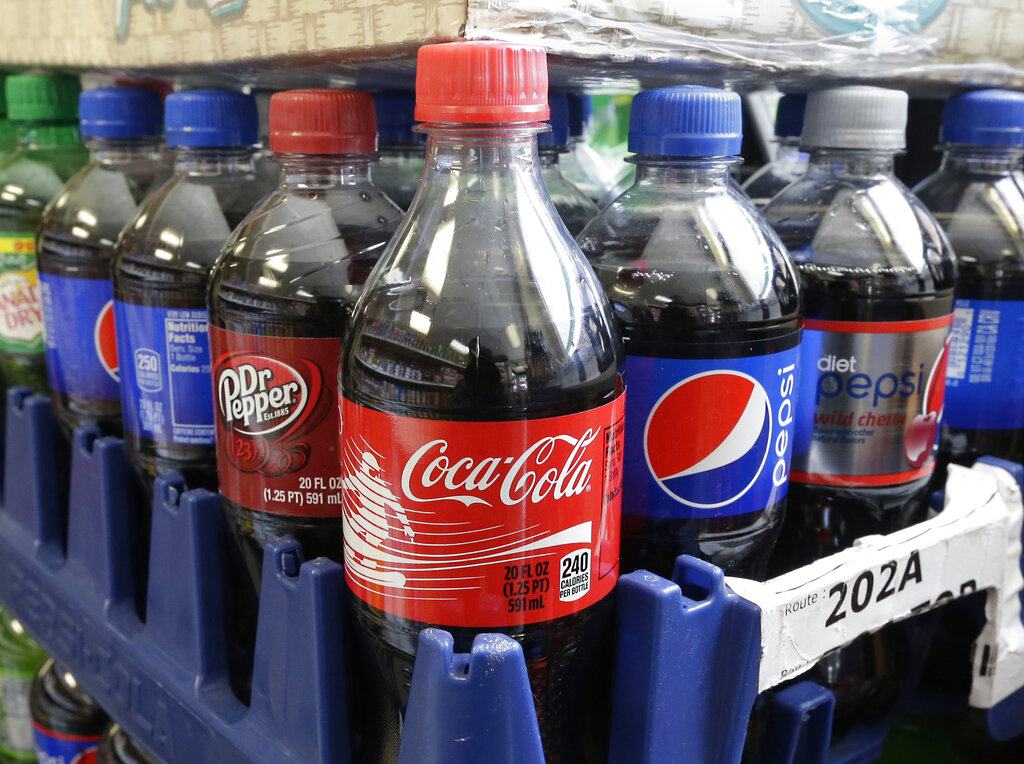Mayor Betsy Price and district leaders say they want all Fort Worth ISD students born this year to be reading on grade level by the time they reach the third grade. About 34 percent of third-graders were reading on grade level in 2016, according to a district official.
“I believe that we simply must each strategically do our part to encourage students to reach their full potential,” Price said in an online statement.
In September 2016, Price partnered with Superintendent Kent P. Scribner and other district leaders to form Read Fort Worth. It’s a reading initiative that aims to increase third-grade reading proficiency to 100 percent by 2025.
Third-grade reading is directly associated with a child’s academic success, said Kristin Sullivan, executive director of Read Fort Worth.
Scribner also emphasized the importance of the third grade in a child’s academic career.
“All the statistics show it is a make-it-or-break-it time for successful students,” he said.
Read Fort WorthVenngage Infographics
Read Fort Worth is putting together four teams to help meet students’ needs so they can be ready to read on grade level.
Cook Children’s Healthcare System and JPS Health Network will lead team one, which focuses on a child’s overall well-being, a foundation Sullivan said is critical to learning.
If kids are traumatized in their early childhood years, then their brains are not ready to learn, Sullivan said.
“That team will expand eventually to consider all things that affect the well-being of a child and their ability to learn,” she said.
Team two leads the charge in school-readiness from infancy through preschool, making sure kids have access to high-quality early learning.
W. M. Green Elementary School pre-kindergarten teacher Lola Florence said early education is essential in a student’s reading level because that is where the foundation is built. She said Pre-K is a crucial learning time for students to identify letters and sounds and memorize the relationship between them.
“One of the main challenges is the lack of parental support,” she said. “I’ve noticed that many of my students don’t have a wide range of vocabulary when they start Pre-K.”
Team three aims to expand summer and after-school programs that keep kids reading and learning outside of class.

Following this strategy, Price led a FitWorth challenge this summer where kids in summer programs competed in healthy behaviors, which included minutes spent reading. Kids at Andrew “Doc” Session Community Center won the challenge, earning their community center $1,000, some of which could go toward reading materials, said Linda Beltram, the center supervisor.
Champel Clark is a parent of a first-grade student at Carroll Peak Elementary school, one of the lowest performing elementary schools in the district. Clark said she has not had any challenges helping her child read because she works with her at home.
Clark added that she buys books a grade level ahead to keep her child progressing and not stagnant in her reading ability. She said having children read year-round and not only during the school year will help advance their literacy as well.
“For children who are reading below grade level or who may live in low-income neighborhoods, [that] can affect what exposure they have to high-quality summer learning opportunities,” Sullivan said.
But summer and school programs both need resources to keep that opportunity available, Sullivan said.
That’s the job of team four, which is running a fundraiser to provide books for high-need schools.
“Children need ready access to high-interest books right in their classrooms to support independent reading habits,” Sullivan said.
District 3 Trustee Christene Moss said literacy rates have always been important, but it has been difficult to get the attention of the entire district.
Community members can volunteer their time as reading mentors to children and can give money to supply resources in the classroom. The classroom library campaign has more information about ongoing fundraisers.



